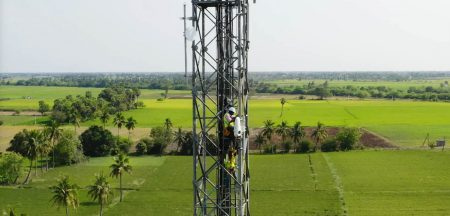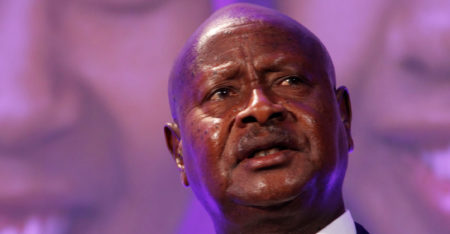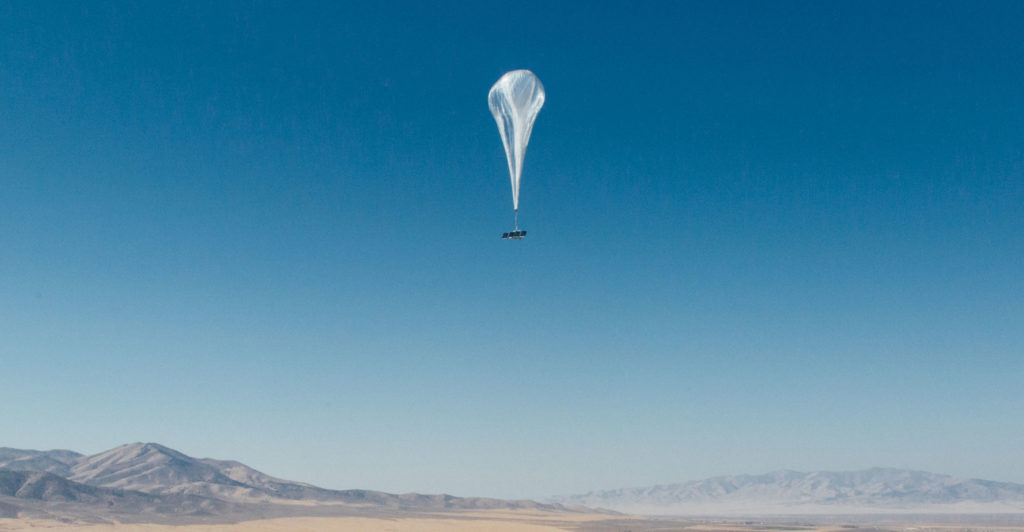Project Taara, backed by Google parent Alphabet, is working to harness the power of light to deliver high-speed internet wirelessly at low cost.
Browsing: Project Loon
A third of the world’s population lacks internet connectivity. Airborne communications stations could still change that.
Facebook and Google are spending billions trying to get more people online in Africa, but the Internet giants are facing a backlash from governments worried about technology being used to remove them from power.
Following Alphabet’s decision on Thursday to kill off its Loon Internet balloon start-up, Vodacom Group has said it will no longer proceed with a Loon project to deliver communications in rural Mozambique.
Google parent Alphabet is shutting down its Internet balloon business, Loon, which aimed to provide a less expensive alternative to cellphone towers, saying on Thursday that it was not commercially viable.
Alphabet began offering the world’s first commercial high-speed Internet using balloons to villagers in remote regions of Kenya’s Rift Valley on Wednesday.
Vodacom on Wednesday announced that it has formed a partnership with Google parent Alphabet to offer Internet access in rural Mozambique using Loon Internet balloons.
Loon, spun out of the search giant’s X innovation lab in July, is teaming up with Telkom Kenya to build a network of high-flying balloons to connect people in the East African country
In 2013, Google ran its first tests for Project Loon, an ambitious effort to circulate broadband-emitting balloons across the globe. On Thursday, the company said that’s not necessary anymore. Executives at the project said
At the end of this year, Facebook will launch a satellite into orbit to provide free access to the Internet to the African continent. Yes, really. But what is a social networking service doing mucking around with satellites? To be completely accurate, Facebook has partnered with








